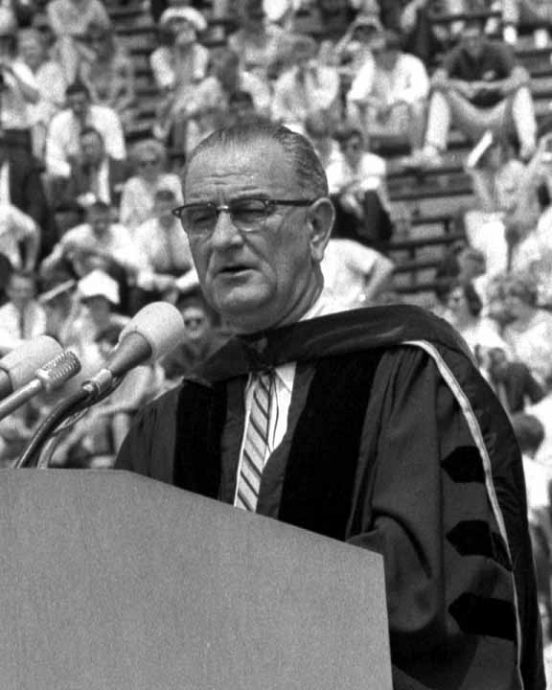The Libertarian Party Grows Up
By the time Abraham Lincoln had won the election of 1860, the young Republican party had been through significant upheaval and ferocious infighting but it had a very general set of core values. It was a party opposed to the expansion of slavery along with two corollaries: granting land to independent farmers who didn’t use slavery, “free soil,” “free labor” and support for industrial development.
Just eight years later, during the administration of President Grant, many of the party’s founders had left the GOP to support Horace Greeley’s candidacy as a Democrat. The party was nearly destroyed electorally over Reconstruction, unprecedented political corruption in the White House and several business contractions during the late 19th century.
New parties, particularly those caught up in a moment of changing political dynamics and crisis are subject to wild shifts and growing pains. UKIP’s evolution in the UK is but one example of this trend. It’s obvious that from election to election minor changes in the content and emphasis of platforms occur, but in potentially seismic political moments volatility can be much greater. This is especially true within smaller political organizations that are not anchored to entrenched interests and established leadership.
John McGinnis’ piece on the Libertarian ticket is factually accurate in most respects, although his suggestion that the Johnson/Weld ticket is indifferent to cutting spending or entitlements is simply wrong. Johnson and Weld do not suit the tastes of many who are concerned about the size and scope of government in our lives. Their positions on religious liberty are very much at odds with many long time party supporters and Governor Weld’s tendency to believe that all of America should be governed from the perspective of a 1970’s Northeastern Republican is clearly inconsistent with those of us who dream of markets and politics as described by Mises, Hayek, or for that matter John Stuart Mill.
But that’s hardly surprising. For a party that has never achieved 1% in any presidential election, the leap to being potentially included in the national debates (albeit a long shot) with the nomination of a “serious” candidate was too tempting to ignore. A party which has been more famous for public strip teases and unusual membership chose to give itself an opportunity to select two former governors who had been re-elected and hold a large number of positions consistent with the party platform. After long having been dismissed as not serious, Libertarians should be commended for trying to act as adults.
Growing up is hard to do, however. And this is especially true for political parties. We don’t all get to become astronauts or athletes. We slowly realize our strengths and limitations as we “grow up”. Parties are no different. The soul and future of the Libertarian party are very much up for grabs at this moment and immediately after the election. The defection of a number of Republican state legislators to the Libertarian party may turn into a larger tide depending on the outcome this November. Regardless, the parts of the liberty movement that come to dominate the LP will have a large say in what the public thinks classical liberalism and libertarianism represent. And the party certainly would be open to having more “conservatives” in its ranks. It has nominated Bob Barr and Ron Paul, neither of whom were as socially liberal as Governors Johnson and Weld.
That party’s future is uncertain, but having two, albeit imperfect, candidates who are at least talking about cutting spending, ending foreign wars, the fruits of free trade, and fighting crony capitalism is a welcome addition to the barren landscape of policy discussion during this presidential race. We can’t ask teenagers to act quite like adults, but we can shape their futures. We would be well served to apply the same standard to the LP.
